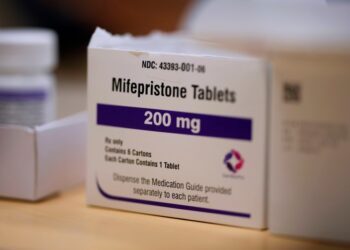PITTSBURGH — It could be a band at a wedding, an explosion on a battlefield or the constant drone of machinery: In the United States, about 17% of adults have hearing loss caused by exposure to loud noises.
Previously, little was known about the exact mechanism by which trauma from those noises led to hearing loss. In a scientific paper published Monday, a Pitt research team has solved part of that puzzle, tying that hearing loss to an excess of a form of zinc in the inner ear. By capturing some of that excess zinc in mice, the researchers were able to prevent hearing loss and even restore lost hearing.
“Hearing loss is a huge problem,” said Thanos Tzounopoulos, professor and vice chair of research in the department of otolaryngology at the University of Pittsburgh. “This can hopefully provide some sort of preventative treatment.”
The end goal, he said, would be a pill that could be taken preventively or soon after exposure to mitigate the damage.
The research study, published in Proceedings of the National Academy of Sciences, exposed mice to 100 decibels of sound for two hours and then tracked what was happening to the inner ear’s “labile” zinc — a form of the element that is not bound to proteins. That free-floating zinc is already known to contribute to damage from strokes and optic nerve injuries, but had not been studied in terms of noise-induced hearing loss.
The researchers found “a huge dysregulation of zinc signaling” after the noise exposure, said Tzounopoulos. “There was much more of the zinc, it was in different locations — it was all over.”
In the next step of the experiment, two days before a planned noise exposure, they injected mice with a slow-release chemical gel solution that would chelate the zinc, essentially trapping it so that it is not able to float freely in the ear. Assessing the hearing of the mice by putting electrodes on their skulls and measuring their…
Read the full article here







